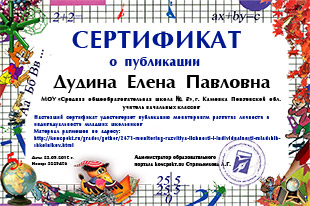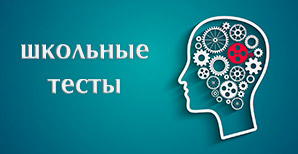A comparison of the legal systems of the UK and the legal system of the Russian Federation
There are a lot of different interests of a person related to his diverse needs, that arise in his life. It is possible to single out the separate groups of such interests, for example, in the field of labor relations, family relations, property relations and so on.
That's why, the norms of law regulating these interests are grouped according to the branches of law, and the branches are united into the system of law, also they are mutually coordinated, moreover, the branches are complementary.
Consequently, the question of the system of law is the question of the constituent elements of law, their interrelations among themselves and the way of organization in the process of development. In other words, to investigate the system of law means to reveal its structural organization, to indicate the principles of its structure and development.
The structure and development of law are predetermined by the system of social relations that are formed at the appropriate stage of the development of society.
The system of law, being an objective phenomenon, is not formed arbitrarily, but in connection with the situation of the system of concrete historical social relations, being the expression of the modern state, which would not refute itself due to internal contradictions.
The political system of modern Russia is determined by the Constitution, which was adopted in a nationwide referendum on December 12, 1993. The Russian Federation is a democratic federal state with a republican form of government.
The definition of the Russian Federation as a democratic state is revealed, first of all, in the thesis that the only source of power in Russia is the people, moreover, in the thesis that this power is carried out by the people themselves and through the state authorities and local self-government bodies.
The democratic nature of the Russian state is also manifested in the fact that its citizens are equal in rights and enjoy broad rights and freedoms, including the right to participate in the management of state affairs.
There is an electivity of legislative bodies and representative bodies of local self-government, a number of leading officials - the President of the Russian Federation, heads of regional and local administration, etc. in the Russian Federation.
In the Russian Federation, all the rules of law are published. Everyone has access to them.
The sources of law in the Russian Federation are the Constitution of the Russian Federation, federal constitutional laws, federal laws, decrees and bylaws of the President of the Russian Federation, resolutions and bylaws of the Government of the Russian Federation, departmental acts of federal executive bodies, constitutions (statutes) of the subjects of the Russian Federation, laws of the constituent entities of the Russian Federation, acts of local self-government bodies.
Also, sources of law include international pacts and conventions, if they are ratified in accordance with the established procedure.
The distinctive features of the legal system of the UK are:
- the dominance of the precedent among all other sources of law;
- the predominance of procedural law issues over substantive law matters;
- the absence of a clear division of the legal system;
- the lack of separation of the law into public and private.
The content of law is complicated and shifty. The judicial precedent is the main source of law, although the role of acts of statutory law is increasing. The legal doctrine takes a significant place among the sources of law.
There is a hierarchy of precedents, according to which decisions taken by higher courts (for example, the House of Lords in the UK) are mandatory in the lower courts.



